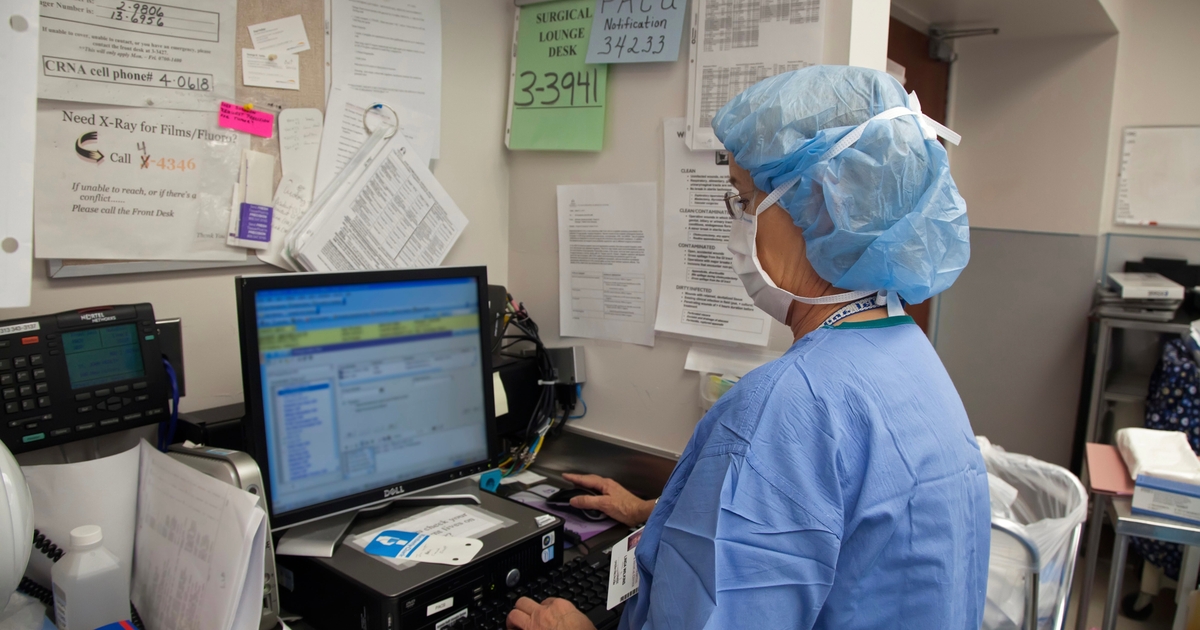
October 25, 2024 at 04:06PM
United Healthcare revealed that 100 million individuals were affected by the Change Healthcare ransomware attack in February. The breach, attributed to BlackCat/ALPHV, prompted Change Healthcare to pay $22 million in ransom. Subsequently, a second attack occurred by RansomHub. The incidents highlight significant cybersecurity vulnerabilities in the healthcare sector.
### Meeting Takeaways:
1. **Breach Acknowledgment**: United Healthcare has confirmed that the Change Healthcare ransomware attack affected approximately 100 million individuals.
2. **Notification Delay**: Although the incident occurred in February, notification to those affected did not occur until June.
3. **CEO Statements**: In May, UnitedHealth CEO Andrew Witty suggested that the scale of the breach may encompass a third of American health data.
4. **Cybersecurity Concerns**: The attack has raised significant concerns about the state of cybersecurity in the healthcare sector, prompting calls for urgent action.
5. **Ransom Payment**: Change Healthcare paid $22 million to the attackers, BlackCat/ALPHV, in order to restore their systems after the breach.
6. **Subsequent Attack**: Following the initial breach, Change Healthcare faced another attack by RansomHub, which threatened to sell stolen sensitive information, including medical records and financial data of U.S. military personnel.
7. **Vulnerabilities**: Testimony revealed that attackers exploited previously compromised credentials, and the lack of multifactor authentication (MFA) contributed to the breach.
8. **Security Maturity**: The breach underscored a lack of security maturity within Change Healthcare, leading to easy access for attackers and subsequent delays in healthcare services.
9. **Regulatory Complexity**: Dan Ortega from Anomali noted that UnitedHealth’s complexity and regulatory environment justify the time taken to confirm the breach, although operational efficiency and public safety concerns remain.
10. **Compromised Data Types**: The stolen information includes:
– Health insurance data
– Medical records, prescriptions, test results, images, and diagnoses
– Billing and financial information
– Social Security numbers, driver’s licenses, and passport numbers.
These points should facilitate discussions on improving cybersecurity measures and addressing the implications of these significant breaches in the healthcare sector.